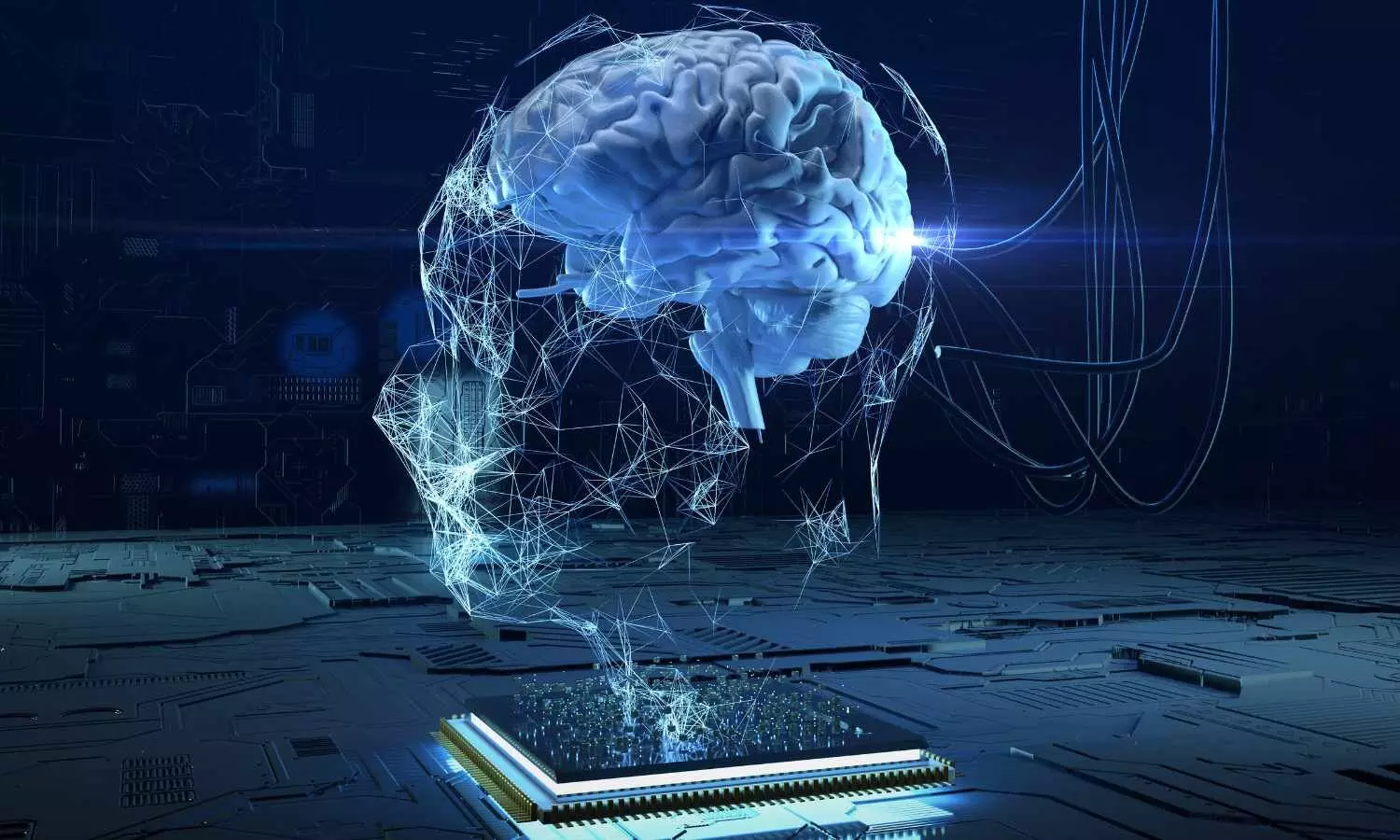Figma Launches AI Tools to Build Apps, Sites and Marketing Assets
Figma adds AI-driven tools including website builder, CMS, vector editor, and marketing templates, powered by Claude 3.7 and integrated with OpenAI tech.
image for illustrative purpose

Design platform Figma has launched a suite of new AI-enabled tools, including a web and app builder called Figma Make, which allows users to create functional websites by entering descriptive prompts.
The new tool uses "vibe coding" — a prompt-based interface — to generate websites or app layouts without manual coding. After publishing, users retain full control to modify design components directly through dropdown menus, bypassing further reliance on the AI engine. The system is powered by Claude 3.7, developed by Anthropic.
Alongside Figma Make, the company introduced a built-in content management system. This CMS enables users to generate and edit blog posts from within their site interface, with capabilities to customize thumbnails and modify post URLs.
Figma is also testing a feature called Figma Sites, which converts static design files into live websites. The upcoming release is expected to support AI-driven code generation as part of the workflow.
In a parallel update for marketers, Figma rolled out Figma Buzz, a tool aimed at streamlining brand creative production. Buzz includes options for generating templates, customizing assets, editing backgrounds, and utilizing AI-generated visuals. It targets teams handling high-volume branding projects.
For illustrators and designers, Figma launched Figma Draw, adding enhanced vector editing tools. New features include pattern fill, brush support, and the ability to apply noise and texture effects to illustrations.
The announcement comes amid rising competition in the AI-assisted design space. OpenAI recently confirmed plans to acquire Windsurf, a startup working in the vibe coding domain. Separately, Apple is reported to be collaborating with Anthropic on an AI coding initiative.
Figma’s expansion also follows the platform’s recent integration of OpenAI’s upgraded image generation model, broadening its design automation capabilities.

